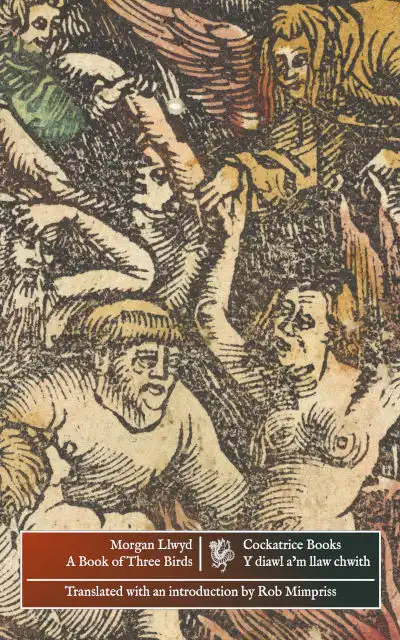On 3rd October 2019, Radio Free Europe reports from the Russian Federation on the funeral of the seventy-nine year old Udmurt academic and language campaigner, Albert Razin, who burned himself to death in protest at Russia’s language policies.
Their article quotes an opinion piece published in Izvestia by Valery Tishkov, also an academic, and an adviser to the Kremlin on Russia’s indigenous minorities. Although Russia is a signatory to the Framework Convention for the Protection of National Minorities, and has therefore committed itself to protecting Udmurtia’s community and culture, Tishkov expresses an assumption that the death of a minority language and the assimilation of its people is both inevitable and desirable, resorting to the claim that indigenous minorities should ‘integrate’ in the same way that émigré minorities do, a false comparison which the philosopher Will Kamlycka calls a ‘misunderstanding of nationalism’ because it ignores the fact that the émigré actively wants to adapt to the possibilities of a new land, while the indigene wants merely to be left in peace in his own.
If the experience of the Celtic nations is typical, then the means by which language death is pursued and justified falls into two phases, as the industrial state acquires greater power over the peoples it rules. In the first, the language must be made to die because its speakers are barbaric, ignorant, immoral, churlish, nationalistic, racist, criminal, and unwilling to work in the mines; and in the second, it must be allowed to die because nobody speaks it, because everyone speaks the state-sponsored language, because making one’s children learn it is a form of child abuse, because the state-sponsored language has more speaker and better popular entertainment, and because writing government documents in the minority language is a waste of money.
In individual discussions with those who oppose us, we find that this order of argument is reversed. If we point to the vitality and practicality of our languages, if we point to the neurological advantages of bilingualism, if we point to the money that is spent on exalting the state-sponsored culture, and suggest that we would be content with a little of that, then our opponents become more openly racist as the pretexts they use to conceal their hatred of us collapse. Moreover, they reveal their double standards, since the duty they place on us to abandon our national identity and assume theirs is never matched by any obligations on their part to submit or conform or pay homage to their more powerful neighbours. Yet the self-immolation of a peaceful and civilised man, like hunger strikes, like crimes of protest and submission to imprisonment, and like the destruction of state property or the withholding of taxes, is intended to refute both types of argument, demonstrating that the pain of hunger, or the hopelessness of imprisonment, or even the agony of burning to death, is still less than the spiritual torment — the assault on our ability to speak, to remember, to relate, to evaluate — caused by the death of our culture about us when we need it to make sense of ourselves and our world.












